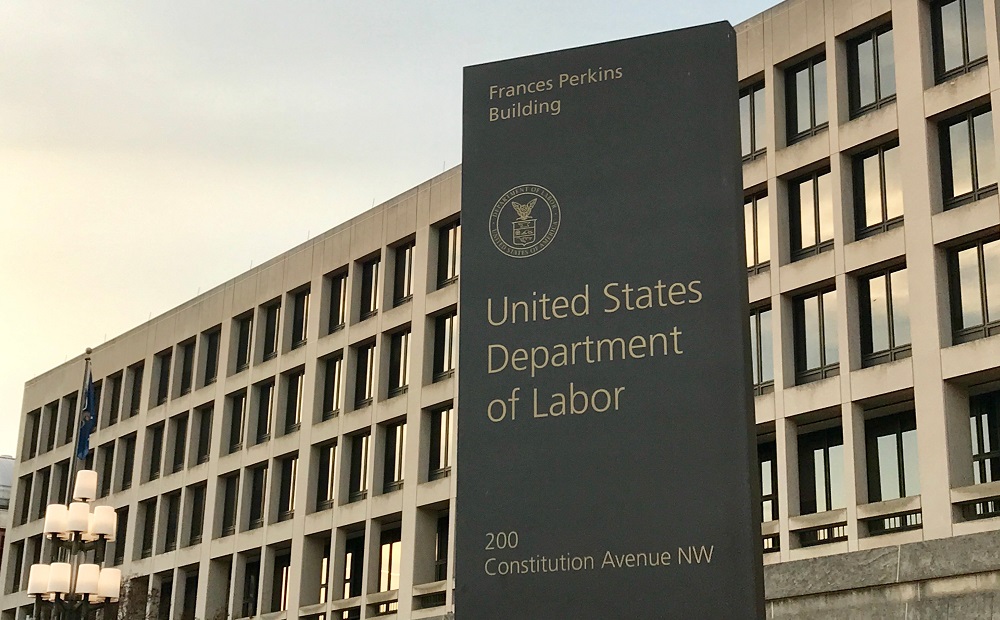The Senate Banking Committee held a hearing on January 25 on the National Flood Insurance Program (NFIP). The hearing showcased the concerns of coastal lawmakers, whose constituents stand to benefit or lose the most from any changes to the NFIP.
The hearing focused on “local perspectives on challenges and solutions.” Witnesses came from academia, local government, and the private sector, and represented disparate parts of the country. Generally, conservative Senators question the cost of the NFIP and its “distorting effect” on insurance rates. However, lawmakers from flood-prone areas want to protect the program to shelter their constituents from a “massive ratcheting up” in costs that experts predict would occur should the NFIP be eliminated.
However, the needs and concerns of those constituents vary by geography. As Sen. Tim Scott (R-SC), the committee’s ranking member, said, “While I recognize that what works in South Carolina may not work in places like Louisiana or Ohio, I’m confident that similar, locally based solutions and approaches could make a huge difference, not only in those communities but to the National Flood Insurance Program itself.”
The NFIP is currently scheduled to expire on March 8.
Prospects: The likelihood is that the NFIP will be extended in the government funding legislation that has to be enacted by March 8. Despite many calls to reform the program, both substantively and with respect to its financing, chances are that no such reforms can be agreed to this year.
NAIFA Staff Contact: Michael Hedge – Senior Director – Government Relations, at mhedge@naifa.org.






.png?width=600&height=90&name=Support%20IFAPAC%20%20(600%20%C3%97%2090%20px).png)
